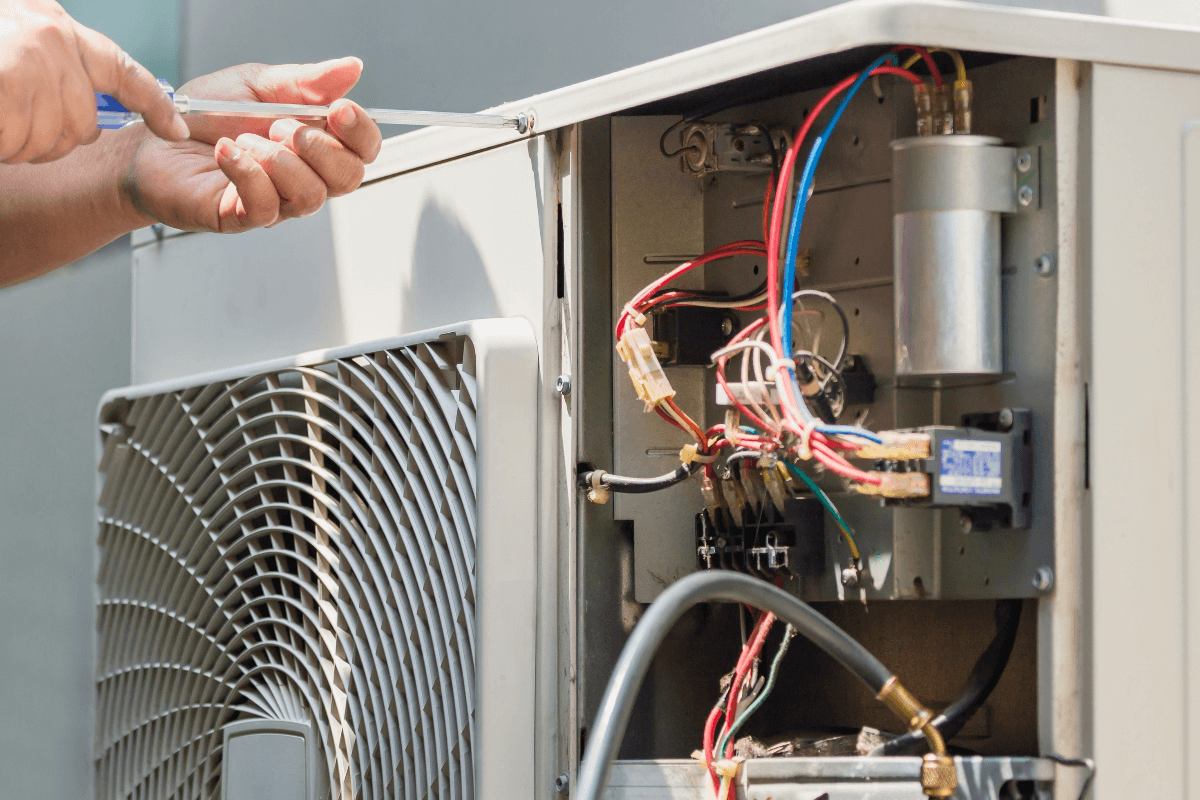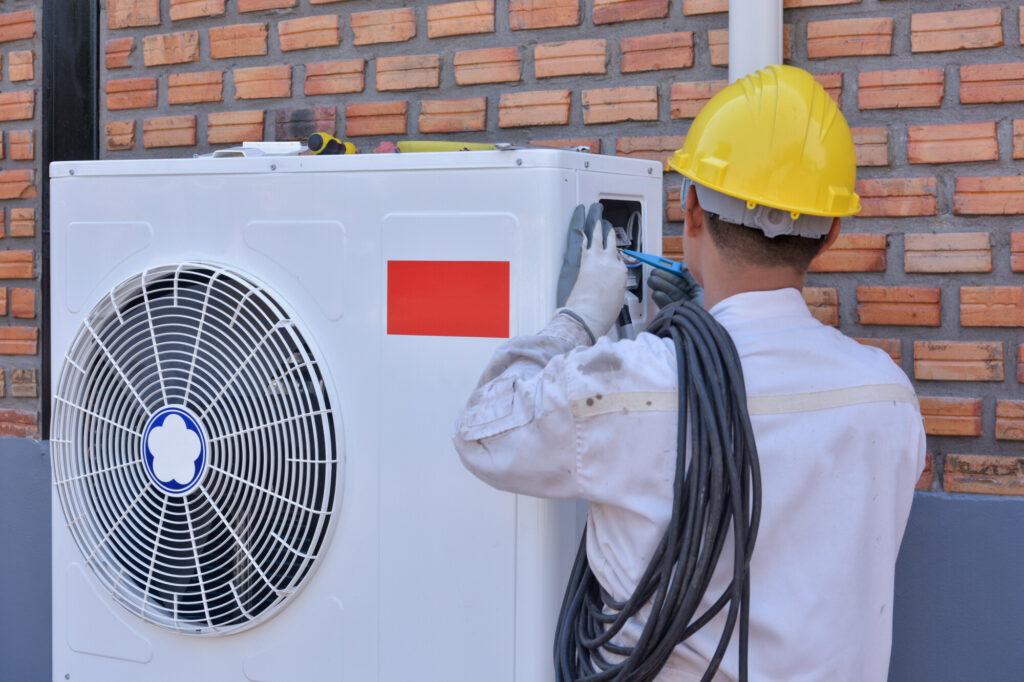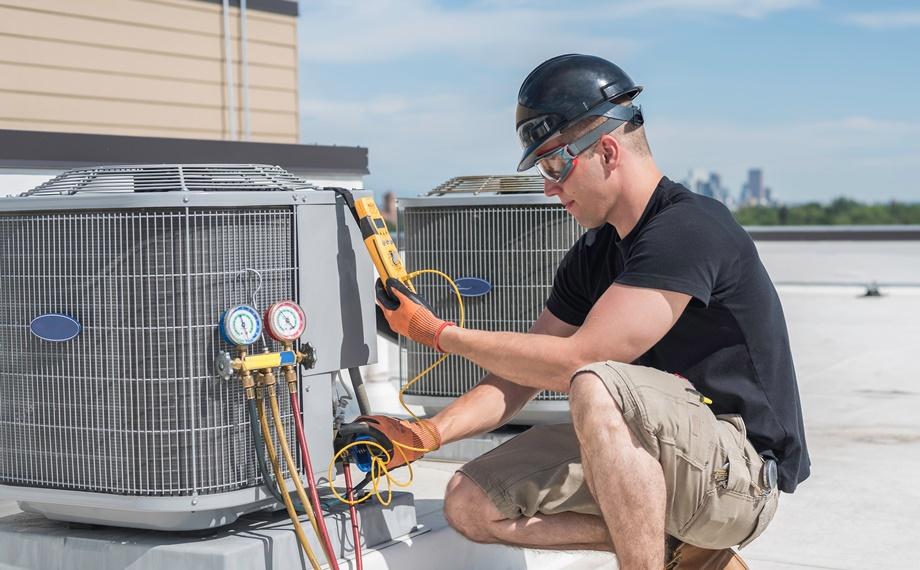Embracing Efficient Cooling for a Sustainable Summer
As global temperatures continue their upward trend, the need for effective and efficient cooling solutions becomes increasingly critical. Summers are marked by more intense heatwaves, making comfortable indoor environments essential not just for well-being but also for productivity. This shift demands a thoughtful approach to how we manage temperature control.
Traditional cooling methods, while providing immediate relief, often come with significant environmental and economic costs. High energy consumption leads to elevated utility bills and contributes to a larger carbon footprint. The challenge lies in finding strategies that deliver comfort without compromising our commitment to sustainability.
This article explores intelligent, forward-thinking strategies designed to keep homes and businesses cool during the hottest months. We aim to highlight methods that prioritize energy efficiency, reducing both operational expenses and environmental impact. Modern advancements offer numerous opportunities to achieve this balance effectively.
The intensifying demand for cooling solutions underscores a fundamental need for innovation. It's no longer just about comfort; it's about creating resilient spaces that can withstand extreme weather while operating sustainably. Zenexamura is committed to fostering a deeper understanding of these evolving requirements.
Adopting smart cooling strategies means embracing a proactive stance against rising temperatures. It involves understanding the intricate relationship between building design, external climate, and internal systems. Leveraging advanced technologies allows for optimized temperature regulation tailored to specific needs and conditions.
From integrating smart home systems to deploying state-of-the-art HVAC technologies, the landscape of cooling is rapidly transforming. We will delve into practical steps and sophisticated systems that empower individuals and organizations to maintain cooler, more comfortable, and environmentally responsible indoor climates this summer.
Key Applications of Energy-Efficient Cooling
-
Residential Comfort: Implementing smart thermostats and upgrading insulation significantly reduces household energy use, ensuring consistent comfort. While initial setup requires planning, the long-term operational savings are substantial.
-
Commercial Spaces: Utilizing zoned cooling and advanced building management systems optimizes climate control in offices and retail environments. Managing large-scale systems demands careful planning and specialized maintenance expertise.
-
Industrial Facilities: High-efficiency chillers and evaporative cooling solutions are vital for managing extreme heat loads, which protects critical equipment and ensures worker safety. Integrating these complex systems effectively is paramount for operational continuity.
Expert Perspectives on Cooling Innovation
Leading experts consistently emphasize that the cornerstone of efficient cooling begins with enhancing a building's envelope. Superior insulation, reflective roofing materials, and high-performance windows are crucial for significantly reducing heat gain. This passive approach is widely considered the most effective initial step, minimizing the reliance on active cooling systems.
The rapid evolution of smart home technology has profoundly impacted personal climate control. Systems that intelligently learn user preferences and adjust cooling based on occupancy or real-time weather data can lead to remarkable reductions in energy consumption. While some argue against potential over-automation, the consensus strongly supports their overall effectiveness.
An ongoing discussion centers on the broader adoption of heat pump technology for both heating and cooling. These systems are highly efficient, particularly in moderate climates, yet their initial installation expenses can be a consideration. Proponents highlight their dual functionality and significantly lower environmental footprint compared to conventional air conditioners.
Another vital area of focus is strategic ventilation. Harnessing natural airflow during cooler parts of the day or employing whole-house fans can dramatically lessen the need for mechanical cooling. However, this method faces limitations in highly humid environments or during extreme heatwaves, where sealed, air-conditioned spaces become indispensable for comfort and health.
Finally, considerable attention is given to the role of predictive maintenance and system optimization. Regular servicing and proactive adjustments, often guided by IoT sensors, ensure cooling systems operate at peak efficiency throughout their lifespan. While representing an operational expense, specialists view this as critical for maximizing equipment longevity and preventing costly disruptions.
Concluding Thoughts and Recommendations
As we prepare for increasingly warmer summers, embracing smart, energy-efficient cooling strategies is not merely advantageous but essential. By thoughtfully combining passive design principles with cutting-edge technology, we can create comfortable indoor environments while significantly reducing our overall energy consumption.
Zenexamura encourages everyone to explore these diverse solutions, tailoring them to their specific needs and circumstances. A proactive and intelligent approach to cooling benefits not only individual comfort and operational costs but also contributes meaningfully to a more sustainable future for our planet.
The journey toward effectively beating the heat is rich with options suitable for every scale and budget. Taking decisive steps now will ensure a cooler, more comfortable, and environmentally responsible summer ahead, setting a precedent for future seasons.




Comments (4)
This article provides excellent, actionable advice for preparing for summer. The emphasis on both passive and active strategies is really helpful. I appreciate the clear breakdown.
Glad to hear you found it useful! Our goal is to offer practical insights that empower our readers to make informed decisions for a more comfortable and efficient summer.
The point about building envelope improvements is something often overlooked. It's a fundamental step before investing in any high-tech solutions. Good reminder.
Absolutely! Passive design is truly the foundation of energy efficiency. We're glad that aspect resonated with you. Thank you for your feedback.